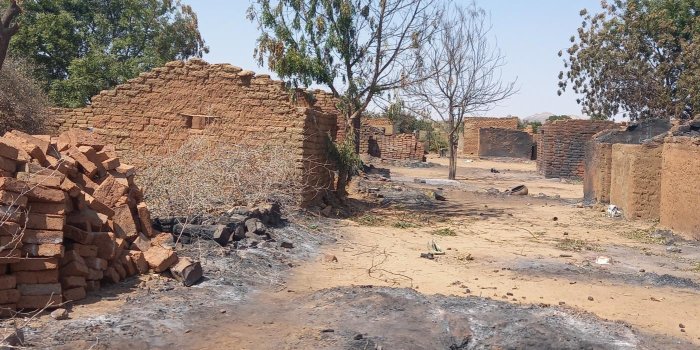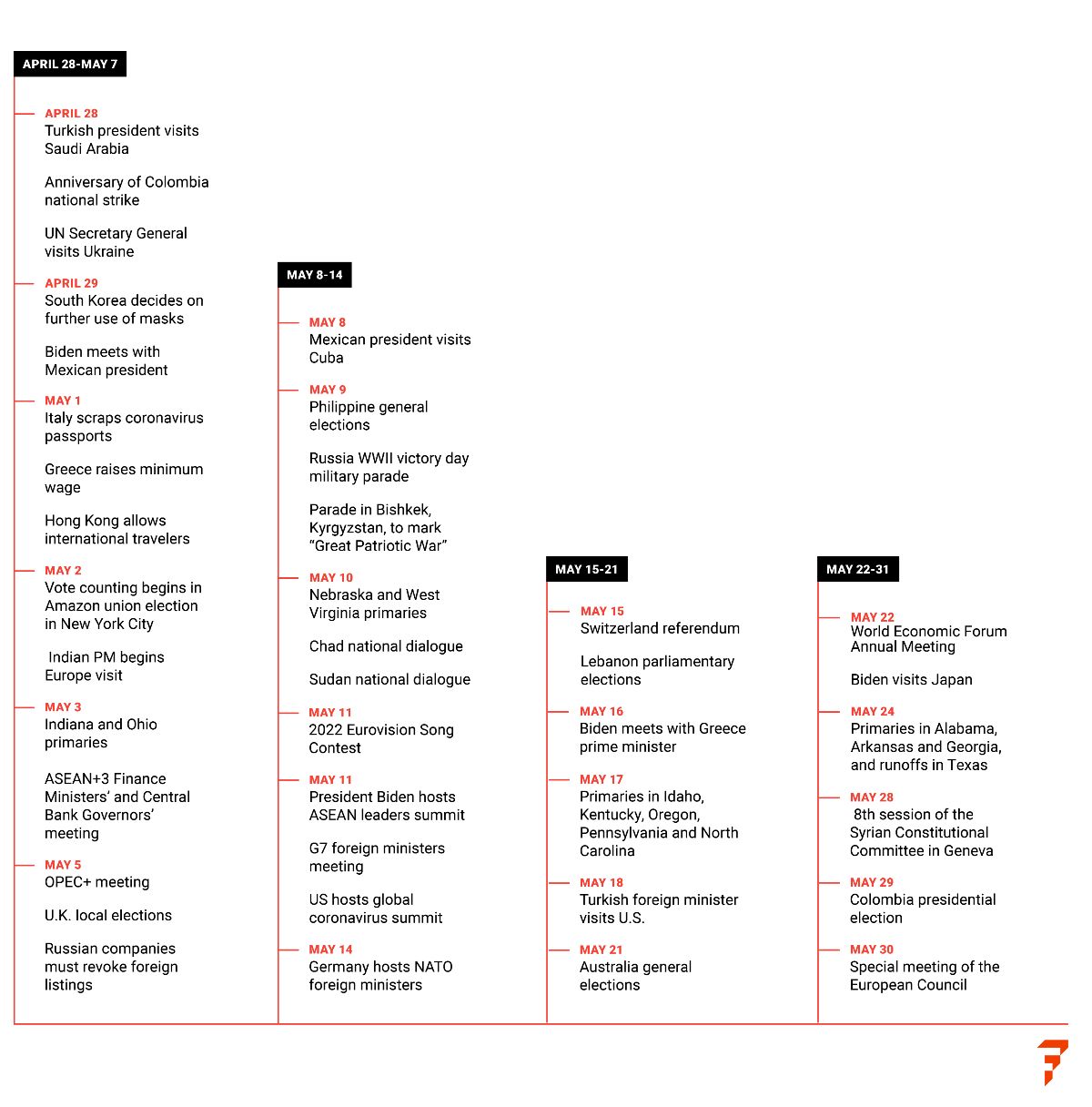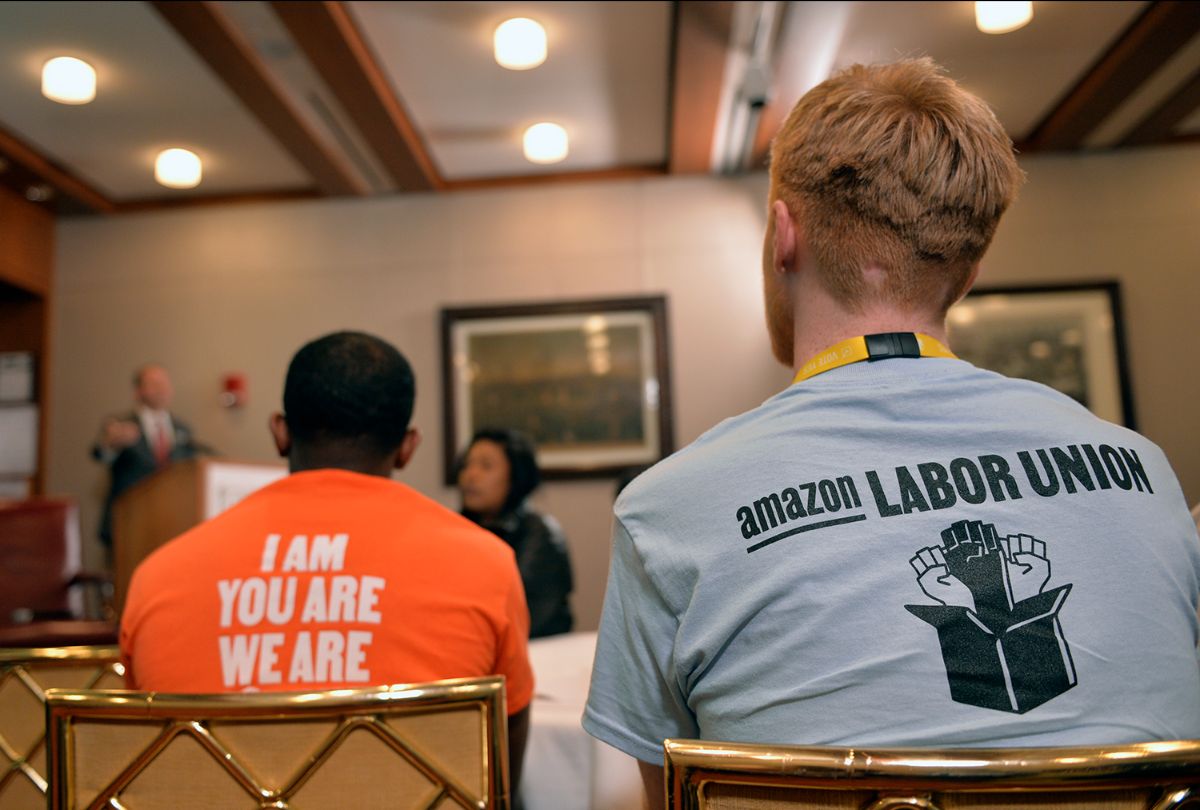Welcome to Factal Forecast, a look at the week’s biggest stories from the editors at Factal. We publish our forward-looking note each Thursday to help you get a jump-start on the week ahead. If you like what you see, you can subscribe for free to get the Forecast in your inbox.
With Pakistan’s Prime Minister Imran Khan ousted from power after losing a no-confidence vote, the country once again finds itself in political turmoil. In this week’s Factal Forecast podcast, Senior Editor Sophie Perryer and Editor Awais Ahmad discuss Khan’s troubles with the military and the public that far predate the opposition-led initiative to remove him.
Listen now or download on your favorite platform.
Week of April 29-May 6
A Look Ahead
May 1
Italy scraps coronavirus passports
Italy will no longer require proof of coronavirus vaccination to enter public spaces starting Sunday.
What’s happened so far
Italian Health Minister Roberto Speranza announced in March that the country would begin gradually lifting coronavirus restrictions after the government decided against renewing the state of emergency enacted during the pandemic. Most coronavirus rules were progressively scrapped in Italy beginning April 1 and the special scientific committee in charge of monitoring the evolution of the virus was dissolved.
The impact
Starting May 1, Italians and tourists will not be required to prove their coronavirus vaccination or recovery status to access public transport or indoor facilities for sports, culture and leisure, as well as restaurants and other hospitality venues. The certificate will not disappear despite the relaxation of the rule and it will still be required to access health centers and care homes.
May 1
Greece raises minimum wage
Greece will increase the national minimum wage by 50 euros ($53) a month on Sunday, the second increase since the start of the year.
What’s happened so far
Last month, the country hit its highest inflation level in 27 years amid the rise in energy prices, a trend affecting many European countries and partially triggered by Russia’s invasion of Ukraine. Greece is subsidizing most electric bills to make energy costs more affordable for its citizens.
The impact
The paycheck rise will mean the new monthly minimum wage will go from 663 euros ($699) to 713 euros ($752), a 7.5 percent increase. The government hopes the raise will help curb future protests after thousands took to the streets in Athens earlier this month demonstrating against rising prices. The country will hold elections in August 2023, when this government’s term ends.
May 1
Hong Kong eases restrictions on international travel
Hong Kong’s government will reopen its airports to international travelers on Sunday for the first time since closing its borders in 2020 due to the coronavirus pandemic.
What’s happened so far
Hong Kong’s administration has held on to China’s “Zero-Covid Policy,” which requires anyone who tests positive for coronavirus to quarantine in a hospital or other government facility for period of 14 days. By April 2021, however, the government began lifting travel restrictions for nine overseas locations and determined that, despite an increase from an average of 300 flights in January to 1,200 in April, the reported cases actually decreased in the same period.
The impact
Hong Kong now registers fewer than 1,000 coronavirus cases per day after peaking near 70,000 in early March. Non-residents arriving in Hong Kong be subjected to the same restrictions as residents, including a vaccine requirement, a mandatory pre-departure coronavirus test and quarantine for seven days. Officials are hopeful easing restrictions will be able to restore the territory’s ability to “serve as regional headquarters for foreign multinationals.”
May 2
Vote counting begins in New York Amazon union election
Some 1,500 workers at a second Amazon warehouse on Staten Island, N.Y., are voting on whether to join the Amazon Labor Union, with ballots set to be counted Monday.
What’s happened so far
Amazon workers at another warehouse on Staten Island voted to unionize earlier this month, the first successful organizing effort in Amazon’s history in the United States. They joined the Amazon Labor Union, a new, independent group without official backing from more established unions, in an unexpected triumph against the retail giant. Their victory stands in stark contrast to the defeat labor organizers faced after a failed union drive in Bessemer, Ala., last year.
The impact
The Amazon Labor Union hopes to have an easier time organizing the second warehouse after their first historic victory, but Amazon is aggressively trying to persuade workers to vote against unionization. Another successful unionization effort could embolden workers at even more Amazon facilities to fight for a chance to organize and negotiate better working conditions.
May 3
U.S. Federal Reserve meeting
The U.S. central bank will meet for two days beginning Tuesday to approve new methods to slow inflation in the United States, including the probability of another rate hike.
What’s happened so far
As the coronavirus pandemic began, the United States lowered interest rates to keep the economy from going into a recession. As the world rebounded, however, inflation rose at a significant rate. To cut that back, the Fed approved an interest rate increase in March. Recently, Federal Reserve Chairman Jerome Powell signaled a larger hike would be coming in May.
The impact
With Powell’s comments, experts now believe the Fed will continue to hike interest rates for the foreseeable future at a steeper rate than originally thought. Some economists warn the cuts are too much and too soon, making a recession more likely because people and businesses will cut their spending because of the increased cost to borrow money.
May 5
Russian companies must revoke foreign listings
Russian companies will be forced to delist from international exchanges by Thursday following a new Central Bank order.
What’s happened so far
Representing a gambit by the Kremlin to reduce foreign influence on the economy, companies will be forced to terminate their foreign listings, many of which are in western countries that have halted trading regardless. Exempt from the order are Russian companies that carried out initial public offerings abroad, such as tech giant Yandex.
The impact
The move represents the latest example of economic tit for tat measures between Moscow and the west that have left the Russian economy devastated and isolated. With Russia’s more limited war aims making it possible that the war will drag on far longer than many initially anticipated, the likelihood of the crippling international sanctions against Russia following suit appears just as likely.
May 5
U.K. local elections
Voters across England, Scotland and Wales will go to the polls in a series of local elections Thursday, and voters in Northern Ireland will elect members of its government, the Northern Ireland Assembly.
What’s happened so far
While the votes have more to do with who runs local services across the country, they are being seen as a key indicator of public support for Prime Minister Boris Johnson and the Conservative Party. There are a lot of things on the minds of voters — from the cost of living crisis, the aftermath of Brexit that continues to affect trade and the ongoing scandals surrounding breaches of coronavirus regulations by Johnson and other senior ministers. These elections are also the first major electoral test for Johnson following the coronavirus pandemic, coming halfway through the parliamentary term.
The impact
Labour will be looking to defend its holdings but also make inroads in local councils across areas it lost in the 2019 general election as it maintains a national poll lead. A rout by opposition parties could see Johnson being shown the door by his party, forced either to resign or set out a timetable for his leaving. In Northern Ireland, Irish Republican Party Sinn Fein is looking to pull off a historic win and become the single largest party in the government. A win would mean its Northern Ireland party leader Michelle O’Neill becomes first minister, a move that may see other parties collapse the assembly.
May 5
OPEC+ meeting
Members of OPEC+ will gather virtually next Thursday for its 28th meeting to discuss possible changes to oil output amid warnings of a coming oil supply crunch.
What’s happened so far
Oil prices remain at a near all-time high worldwide due in part to sanctions introduced against Russia over the war in Ukraine. While the United States and the International Energy Agency have both made repeated requests for OPEC+ to pump more oil to offset high prices, the group has resisted, opting instead for a modest raise of just 432,000 barrels per day beginning in May.
The impact
OPEC+ has maintained that current volatility in prices “is not caused by fundamentals, but by ongoing geopolitical developments,” with the group’s top diplomat telling the E.U. that Russia oil losses are beyond its control. With the United States already dipping into its strategic oil reserves, analysts believe Saudi Arabia and the United Arab Emirates are the only nations with the ability to add significant enough amounts of additional oil.
What Else Matters

Violence in West Darfur, Sudan
At least 168 people were killed Sunday in an attack by local militias in Kreinik, in Sudan’s West Darfur region, according to an aid group. The violence subsequently spread to the state capital El Geneina, where police stations, government buildings and a hospital were attacked and several health workers were killed. The U.N. secretary-general condemned the attacks and called for local joint peacekeeping forces to be deployed to the area, while the Red Cross called on local authorities to ensure those wounded can be treated safely. The violence was reportedly sparked on April 22 when the deaths of two herdsmen prompted clashes between rival tribes.
Watch for: Sudan’s military has deployed additional troops to West Darfur and a curfew is in place in El Geneina, but it remains to be seen whether these interventions will calm tensions in the restive region. Intercommunal clashes in West Darfur are often sparked by seemingly minor events related to agriculture or land rights, but the violence also deepens existing humanitarian issues. The World Food Program has suspended food deliveries to Kreinik, affecting more than 60,000 people, while the Norwegian Refugee Council warns the violence is disrupting the upcoming harvest season, raising the risk of further clashes.
Transnistria tensions
Tensions are simmering in the frozen post-Soviet conflict zone of Transnistria after a series of attacks in the Russia-backed breakaway region in Moldova that local authorities blamed on Ukraine. The first attack occurred in the regional capital of Tiraspol, as assailants fired rocket launchers at a state security building. Multiple others followed — a drone allegedly dropped explosives on a military airfield and a broadcast station was attacked. Escalatory claims continued Wednesday, with officials claiming Ukrainian forces opened fire across the border. In response, Tiraspol introduced the highest terror threat level in the territory, and Moldova countered by increasing border patrols and security. Russia, meanwhile, warned it was monitoring the situation.
Watch for: Some fear Russia is replicating the Donbas playbook in Transnistria, through which Moscow manufactured attacks against Russian speakers to justify “peacekeepers.” Russia already has troops occupying Transnistria, but the country could attempt a landing in order to send more. This week, Russia fired multiple cruise missiles at a key bridge crossing west of Odesa, destroying it. Doing so could be a prelude to an attempt to ferry soldiers through the Dniester to Transnistria, though the likelihood of such an attempt is questionable given Moscow’s manpower shortages and need to concentrate forces in Donbas. Romania urged caution in the area, though further response from the country is also worth watching closely considering the NATO member’s close relationship with Moldova.
Extended Outlook
What’s on our radar in the coming weeks…

Thanks for reading! You can sign up for free to get the Factal Forecast in your inbox.
What is Factal?
Trusted by many of the world’s largest companies and nearly 300 humanitarian NGOs, Factal is a risk intelligence and collaboration platform that brings clarity to an increasingly noisy and uncertain world.
Powered by a hybrid of advanced AI and experienced journalists, Factal detects early signals, verifies critical details and assesses the potential impact at the speed of social media. From physical incidents and brand mentions to geopolitical developments, Factal offers the most trusted, real-time risk intelligence on the market.
Factal is also home to the largest security and safety collaboration network in the private sector. Members securely share information with other members in proximity to the same incident, both on Factal.com and the Factal app.
Learn more at Factal.com, and we’d love to hear from you.

